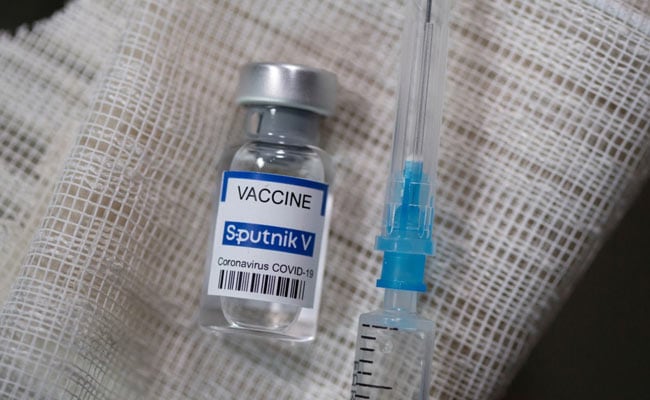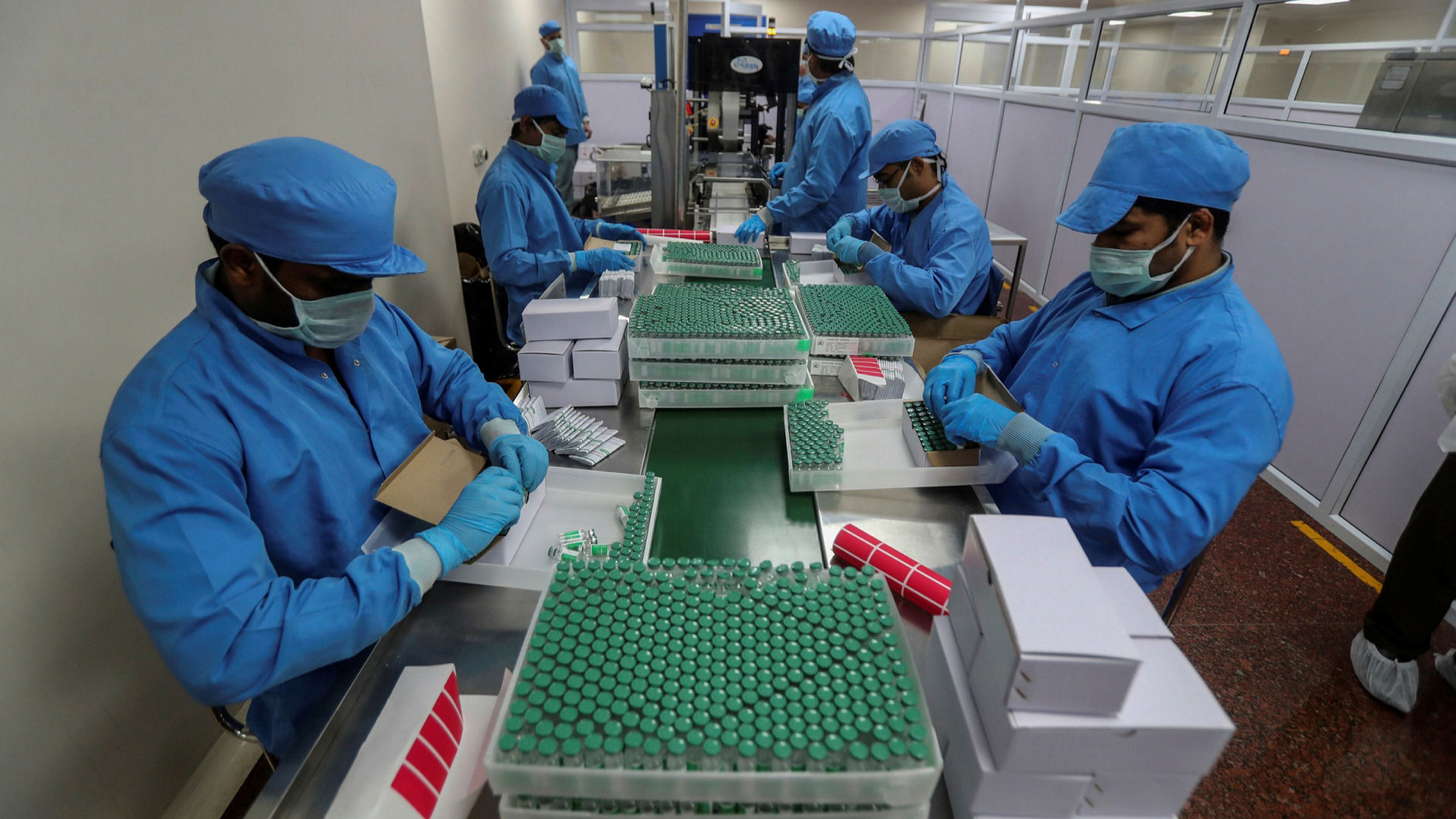India first licensed the Oxford–AstraZeneca vaccine (marketed as Covishield by Serum Institute of India) and Covaxin by Oxford–AstraZeneca (a vaccine developed locally by Bharat Biotech).
Sputnik V (manufactured under licence by Dr Reddy’s Laboratories, with additional production starting in September from Serum Institute of India), Moderna vaccines, Johnson & Johnson vaccine, ZyCoV-D (a vaccine locally developed by Zydus Cadila), and other vaccine candidates undergoing local clinical trials have since joined them.
Health personnel and frontline employees, such as police, paramilitary forces, sanitation workers, and disaster management volunteers, were involved in the first phase of the implementation.

Anti-covid vaccines have had favourable responses from over 80% of India’s population. In India, vaccine apprehension is among the lowest in the world. There was vaccination apprehension in the first months of 2021, particularly in rural India and among poor and tribal groups.
Vaccine apprehension was greatly reduced as a result of constant government and public awareness. More than half of the daily doses delivered in India have come from rural areas since May 2021.
First Phase:
On January 16, 2021, India began providing COVID-19 vaccinations. Only 14 million healthcare and frontline employees have been vaccinated as of March 1, falling short of the 30 million targets. Covishield or Covaxin will be available at each immunisation centre, but not both.

On the first day of availability, 165,714 persons were vaccinated. Delays were caused by difficulties in uploading beneficiary lists at some sites. 631,417 persons were vaccinated in the first three days. Nine patients (0.002%) were brought to hospitals for observation and treatment after 0.18 per cent reported negative symptoms.
There were concerns about low turnout in the early days, owing to a combination of vaccine safety concerns, technical issues with the software employed, and misinformation.
Second Phase:
All inhabitants above the age of 60, residents between the ages of 45 and 60 with one or more qualifying comorbidities, and any health care or frontline worker who did not receive a dose during phase 1 were included in the next phase of the vaccination deployment.

On March 1, the Aarogya Setu app and the Co-WIN (“Winning over COVID-19”) website opened for online registration. In March 2021, as the country began to see a big second wave of illnesses, vaccine exports were halted, and the government purchased 110 million Covishield doses from SII.
The company plans to generate 100 million pills per month, but its capability was only 60–70 million doses in May 2021. On March 11, 2021, the DCGI gave Covaxin a standard emergency use licence following the completion of its trial.
Third Phase:
The DCGI licenced Russia’s Sputnik V vaccine for emergency use in India on April 12th. In September 2020, a phase 3 trial was done in the country, with 91.6 per cent efficacy. Dr Reddy’s Laboratories, the vaccine’s local distributor, indicated that the vaccine would be ready in India by late May 2021.

On April 19, it was announced that the next phase of the vaccine programme would begin on May 1st, with all residents over the age of 18 being eligible. Individual stakeholders were also given more flexibility in how they carried out the immunisation campaign during phase 3.
Only half of the vaccines procured from manufacturers by the Central Drugs Laboratory would be distributed by the federal government under this scheme.
This supply would be distributed to government-run clinics and supplied free of charge to citizens 45 and older and priority employees, as well as syphoned off to states based on parameters such as the number of active cases and the speed with which vaccines are administered.

The remainder would be sold on the open market to individual states (including private hospitals) and would be permitted to treat people over the age of 18.
India reached the 500 million doses milestone on August 6, 2021, just six months after the vaccine programme began. The Drug Controller General of India (DCGI) approved the Johnson & Johnson single-dose vaccine for emergency use on August 7, 2021.
On August 16, 2021, India administered over 8.81 million doses of COVID-19 vaccines, breaking its own single-day record of 8.61 million doses. By August 16, the cumulative doses had crossed the 55 million mark.
Also Read: Vector-Borne Diseases In India






















